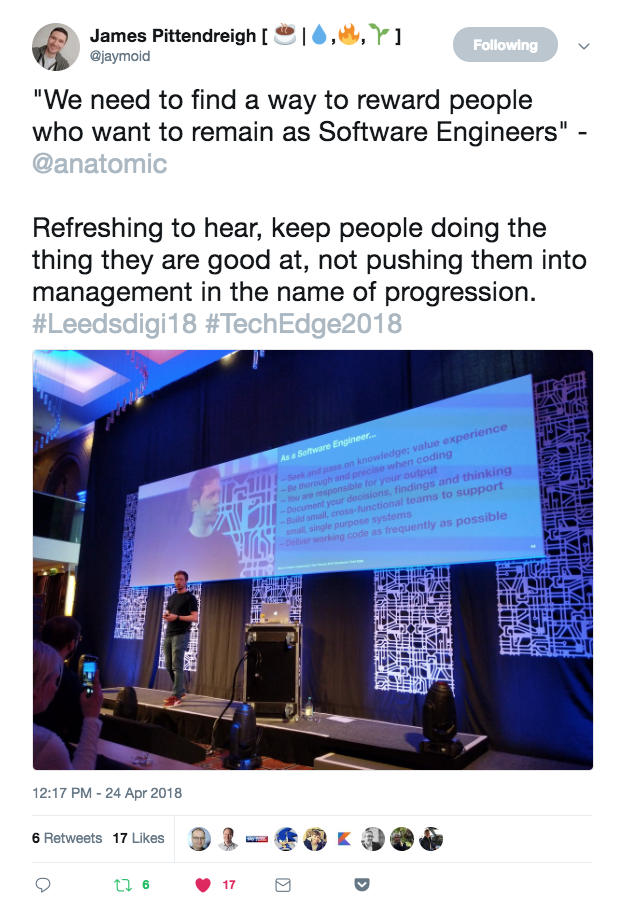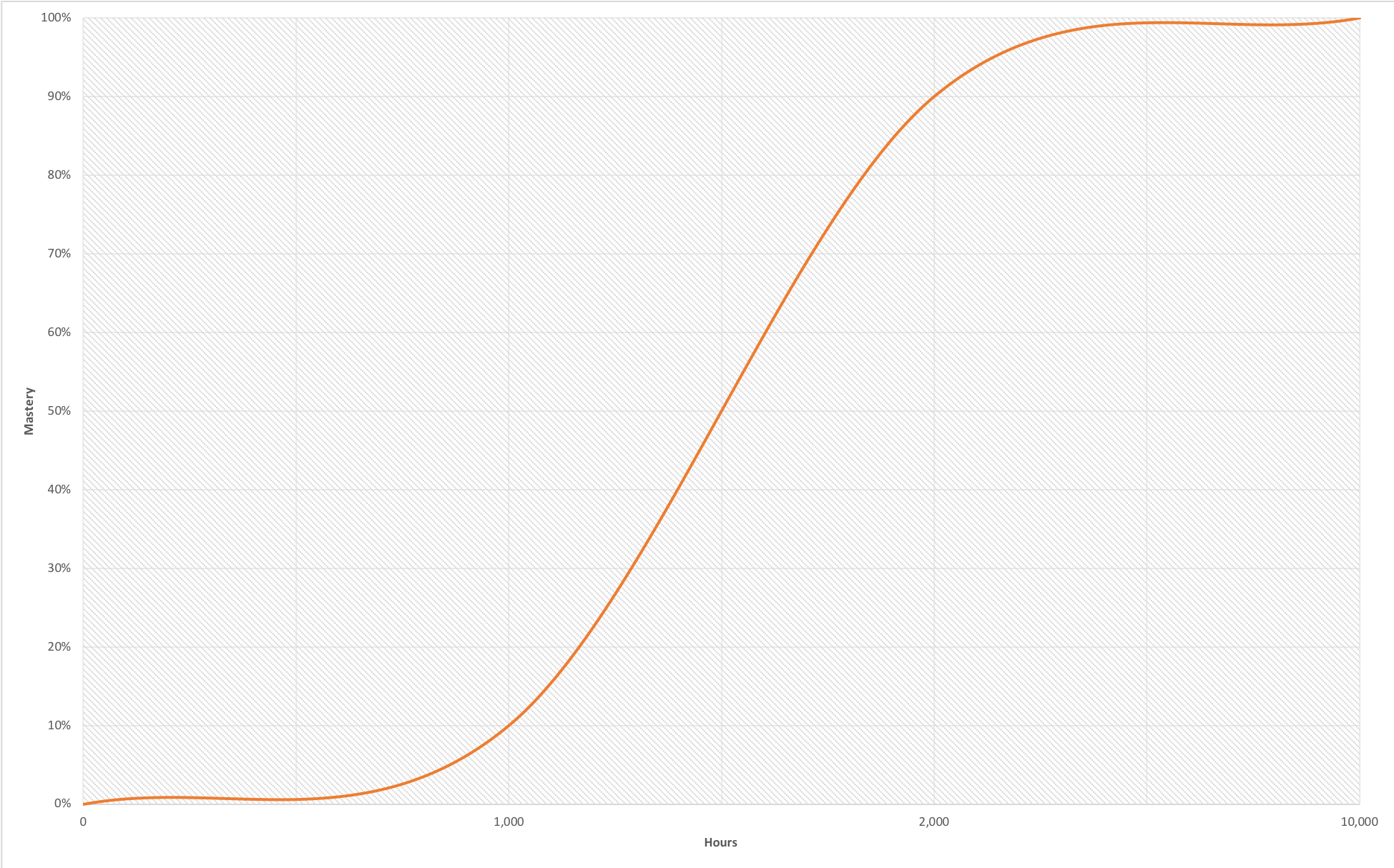From Engineer To Where?
By Ian Thomas
From Engineer To Where?
Software Engineering is a discipline in a hurry. Career progression is often rapid, with relatively inexperienced developers rising through the ranks to support business growth and new team requirements. Malcolm Gladwell said that "ten thousand hours is the magic number of greatness" so how can we ensure our career paths allow engineers to hit this magic number without having to jump into management in the name of progression?


